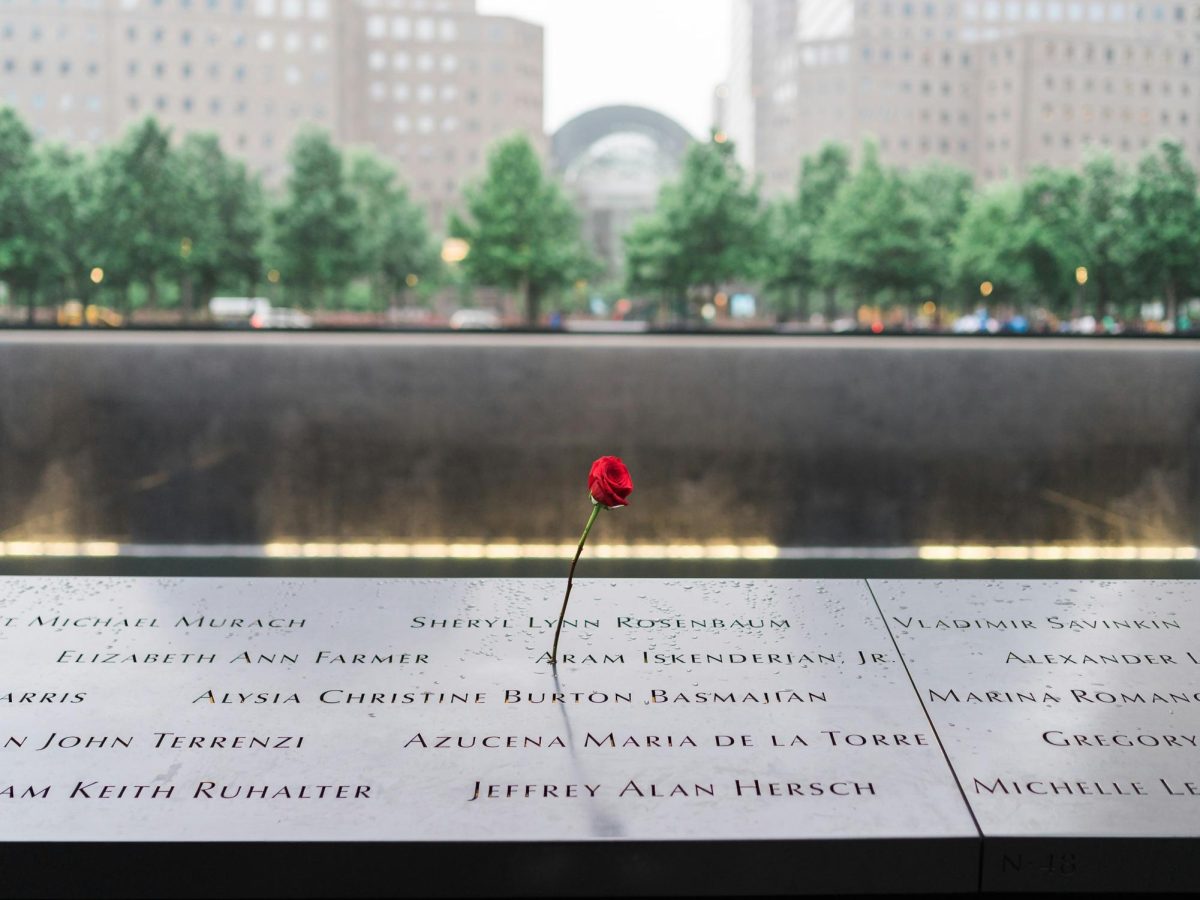In the wake of yet another tragic conflict unfolding halfway across the world, last Friday professors from across departments gathered to offer open discussion on the issue.
Present for this conversation as panelists were professors Dr Crystal Shelton, Dr Francesca Parente, and Dr Youssef Chahoud from the political science department, joined by Dr Vered Sakal from the Philosophy and Religion department.
Shelton, specializing in terrorism, spoke on the tactics and motivations of Hamas as a terrorist organization. She describes Terrorism as a deliberate creation and exploitation of fear through violence or the threat of violence in the pursuit of political change. She brought up Hamas’ religious political motivations, but says much more about their tactics. These tactics included “Spoiling”, “Propaganda by the Deed”, and “Provocation” – all of which were employed in the attack on October 7th.
Parente, with her knowledge of international law, talked briefly about the implications of behavior seen on both sides. How Genocide, while extremely hard to prove in the court of law, is not the same as violations to humanitarian law – which both Hamas and the Israeli Defense Forces (IDF) have clearly violated. She mentioned the Rome Statute, how Palestine signed the treaty, and is thus a member state of the International Criminal Court – giving the ICC jurisdiction in this conflict. Though Parente concludes that who will actually face trial will depend on how this situation ends and who can actually be held accountable, going on to say, “It is tempting to disregard international law when the initial attack against you is so grotesque, but international law is not reciprocal. It is a standard that must be upheld regardless of any abuses you’ve sustained.”
Dr Vered Sakal, a regional expert in the region, began by reading from Hamas’ charter which called for the extermination of all Jews within Palestine in language that was quite visceral. She further argued that there is a just demand for Palestinian freedom, security and independence, but an unjust demand of Hamas for the genocide of all heretics and a Palestinian state across the whole territory of Israel. She underscored this difference by stating that the goal should be for Palestinians and Israelis to live in peace, and that Hamas by instigating this conflict is only making setbacks in the peace process.
Finally, Dr Chouhoud brought his own understanding of the Middle East to the discussion, and left quite an impression by the end. He began by stating that “Israeli and Palestinian lives equally matter and are deserving of our compassion.” Going on to declare that there is an institutional domination of Palestine, in which Israel has managed their external and at times their internal security but does not afford them actual sovereignty. He states that there is a “hierarchical human rights regime” in Israel, one that is comparable to the Jim Crow South, a state of affairs where the Israeli government is accountable to their Jewish citizens, but not the Palestinians or even Arab citizens of Israel (who are often forgotten about in these discussions). He rejected the two state solution, saying that this is becoming increasingly impossible and only wastes energy that could be spent finding a meaningful alternative solution. He also casts blame at some malevolent actors within Israel and the United States, suggesting that we ought to make our financial and military aid to Israel should be conditional on their improvement of Palestinian human rights.
This roundtable went on to have a Q/A from the students, which allowed for people to first express their perspectives on the subject and perhaps come away with a better understanding of this conflict.


